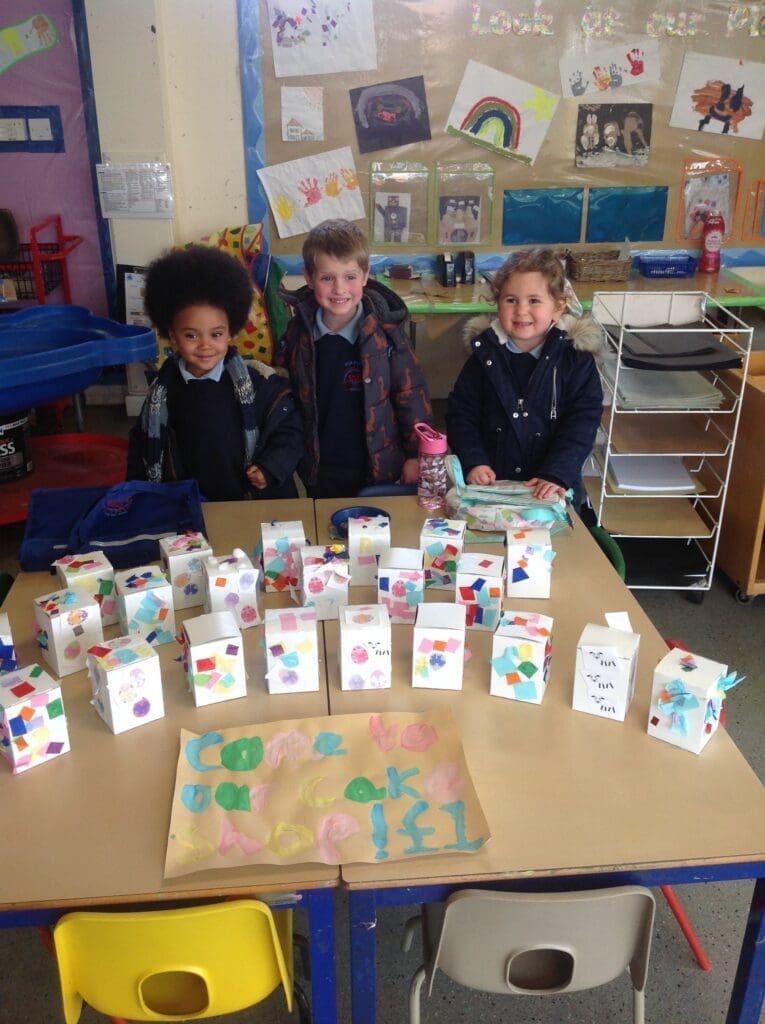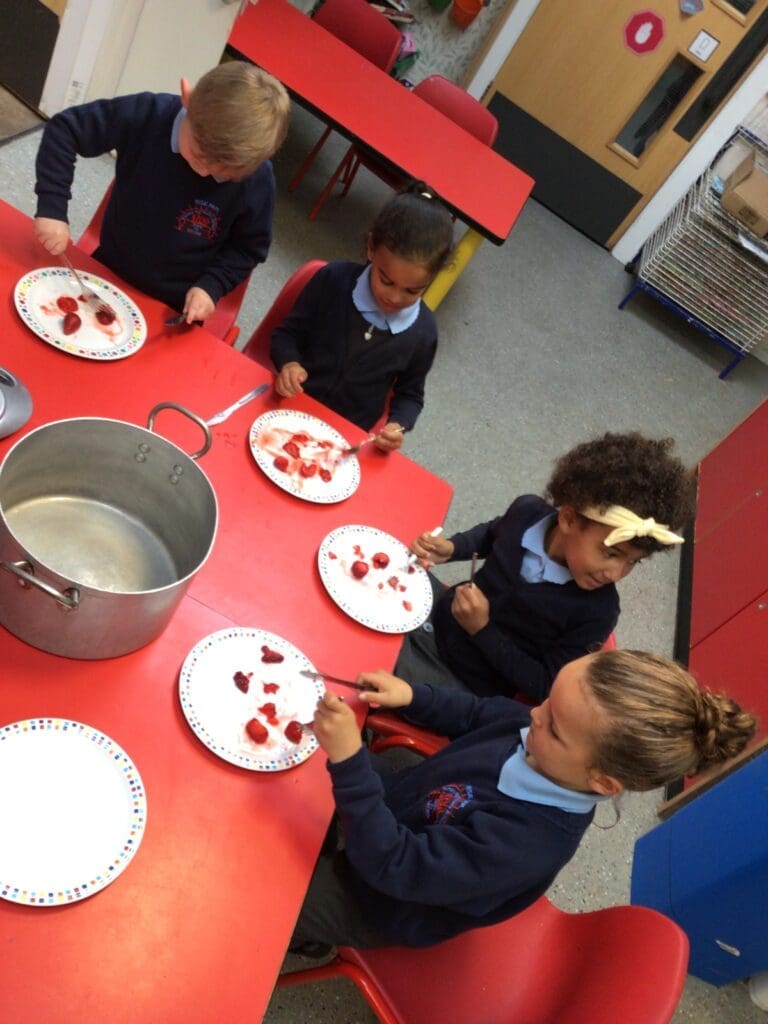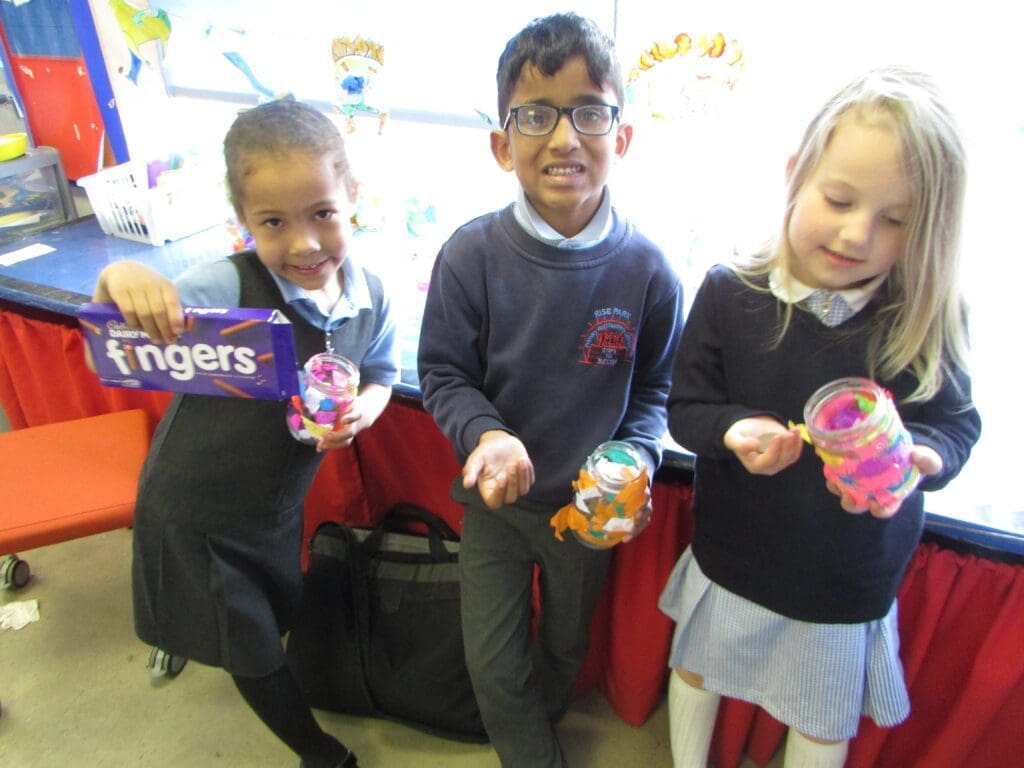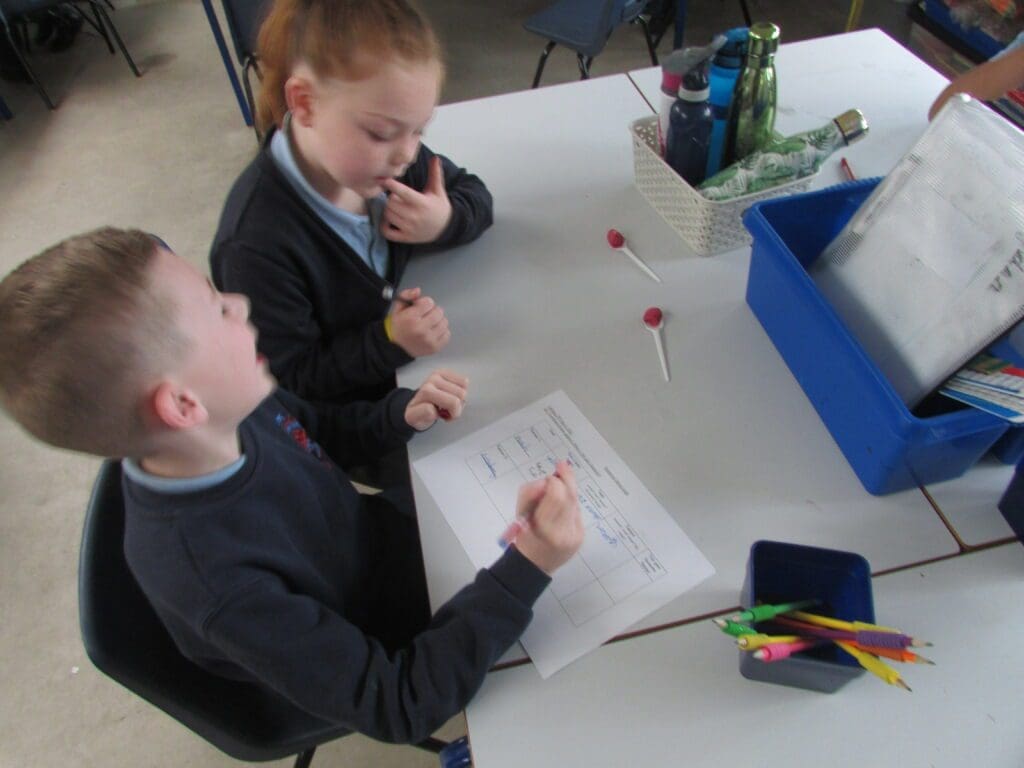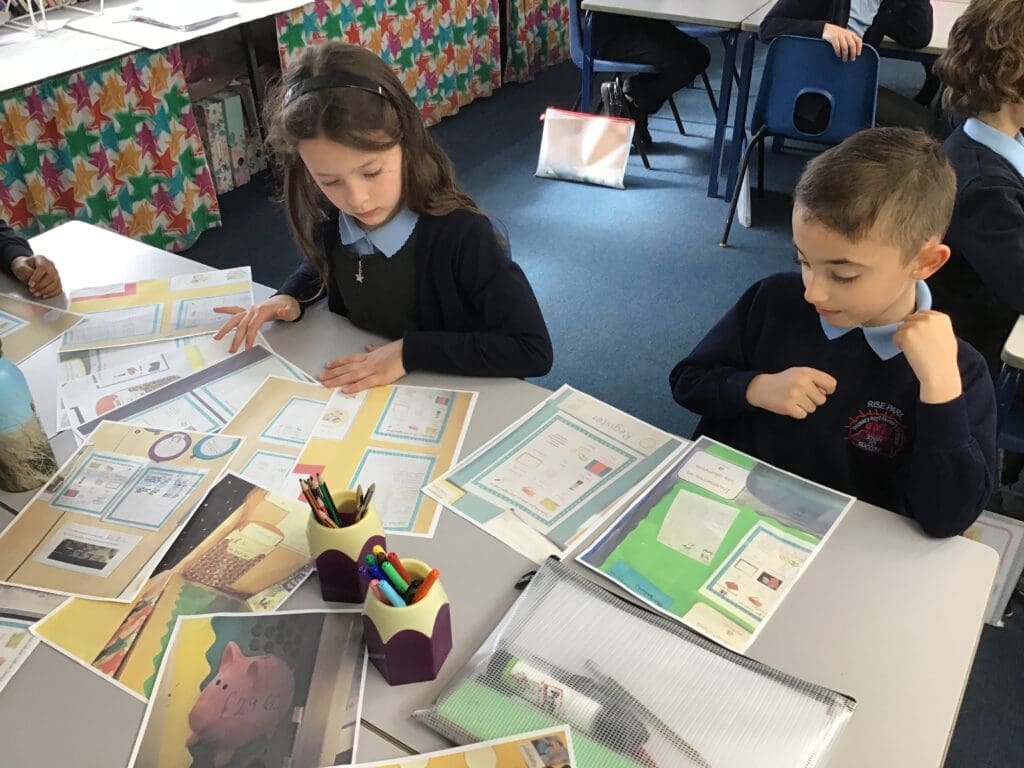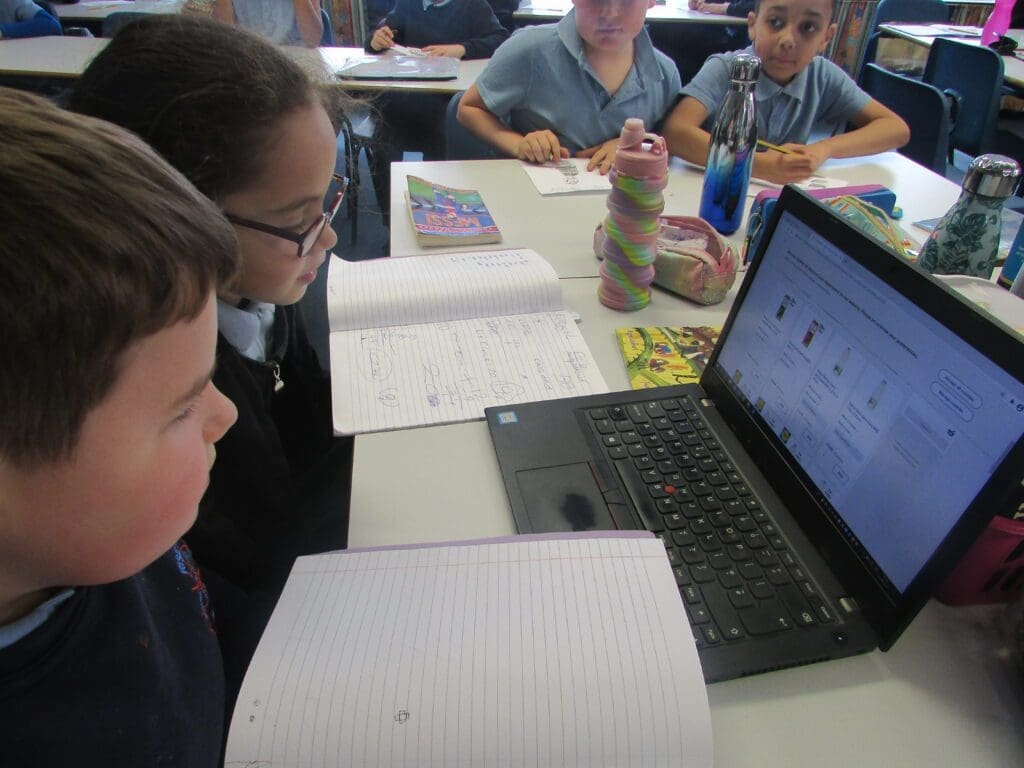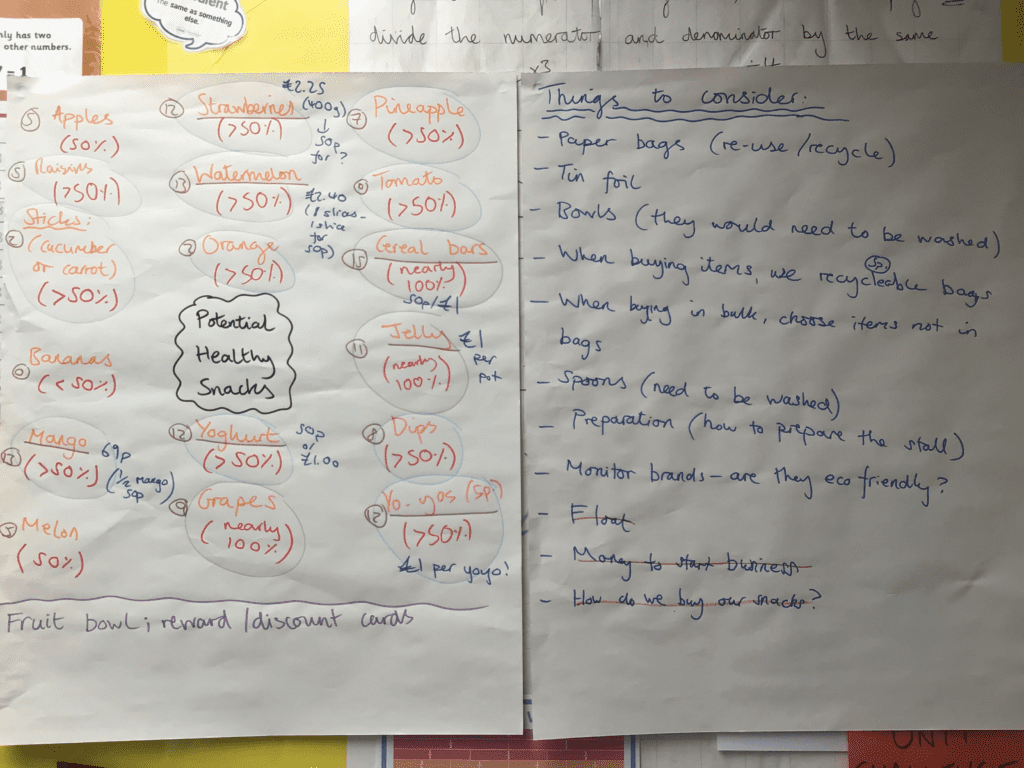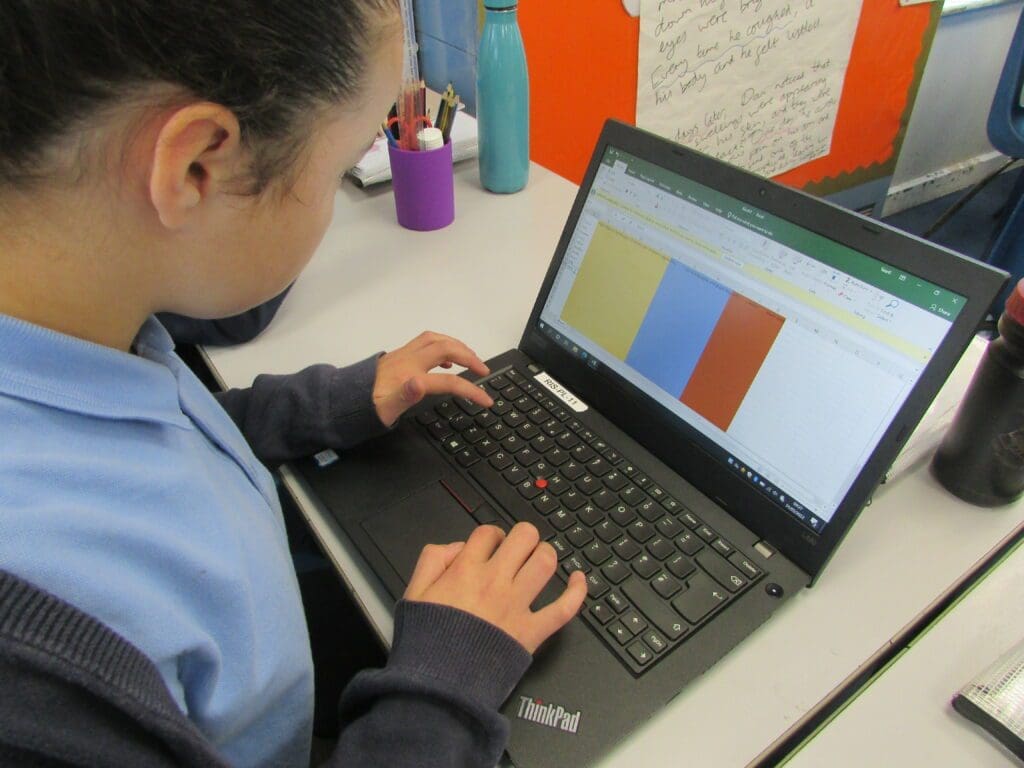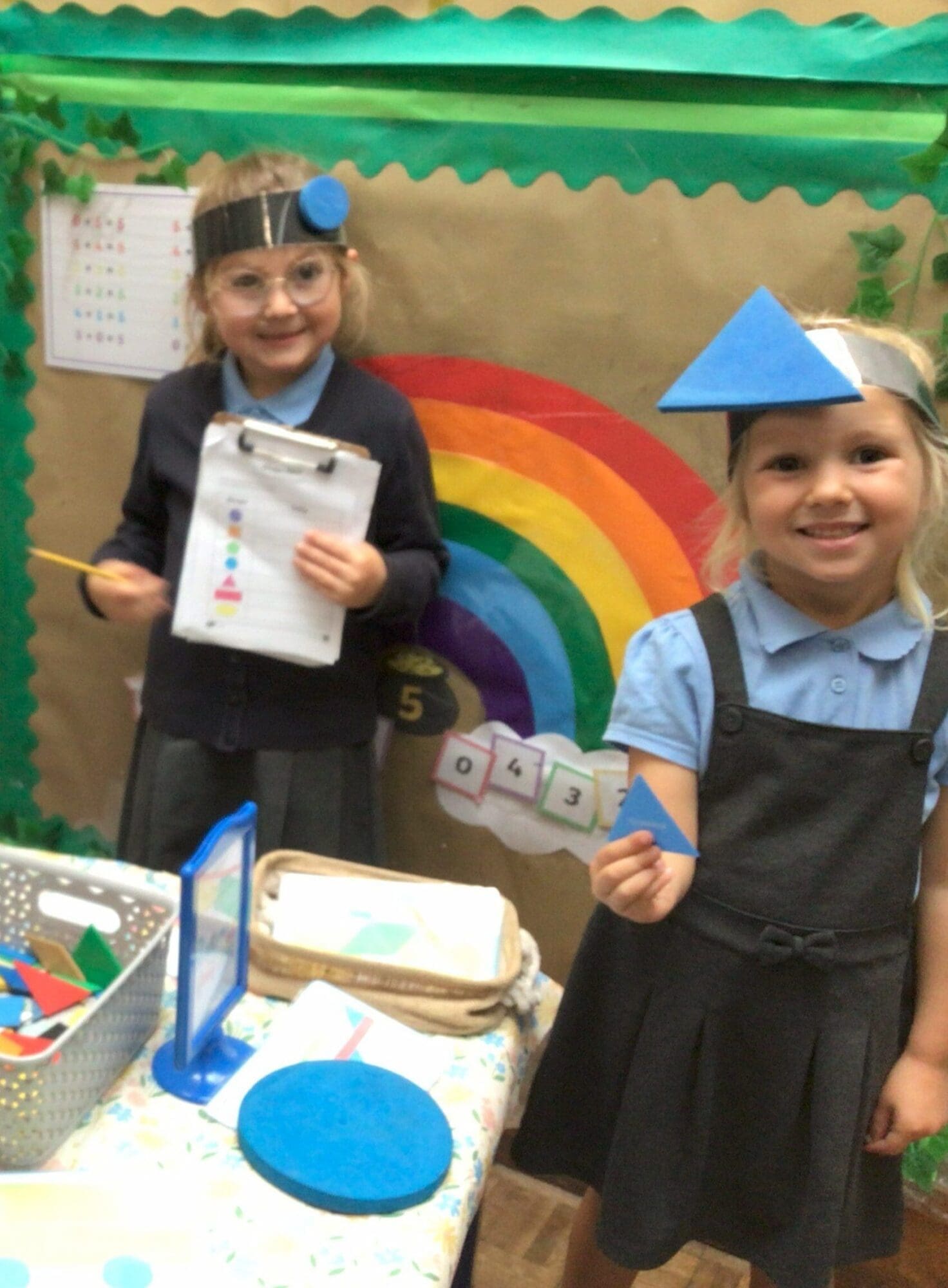Our Rise Parkers enjoyed lots of valuable learning throughout Enterprise Week.
The aims of the week were to expand our understanding of economic wellbeing and to develop enterprise skills, such as; problem solving, financial awareness, critical thinking, teamwork and leadership, analytical skills and strategic thinking. During PSHE pupil voice, our pupils mentioned that they want to learn “more real-world situations, like paying bills”.
The theme week was a huge success, with each year group taking part in progressive and practical activities.

